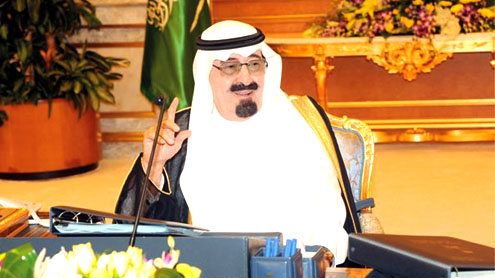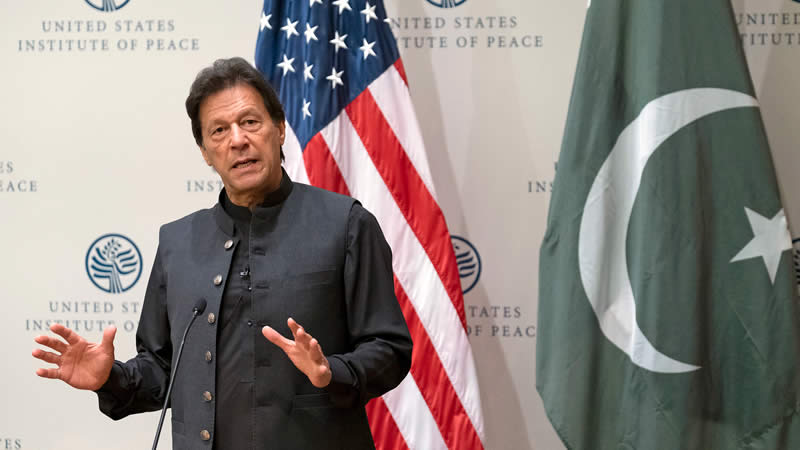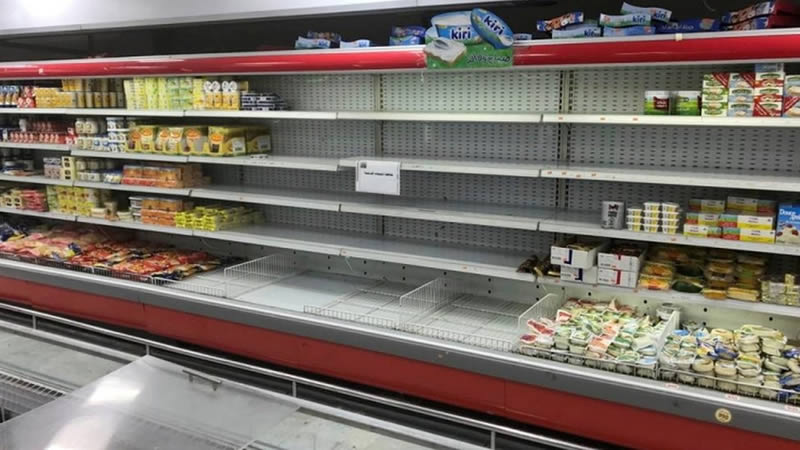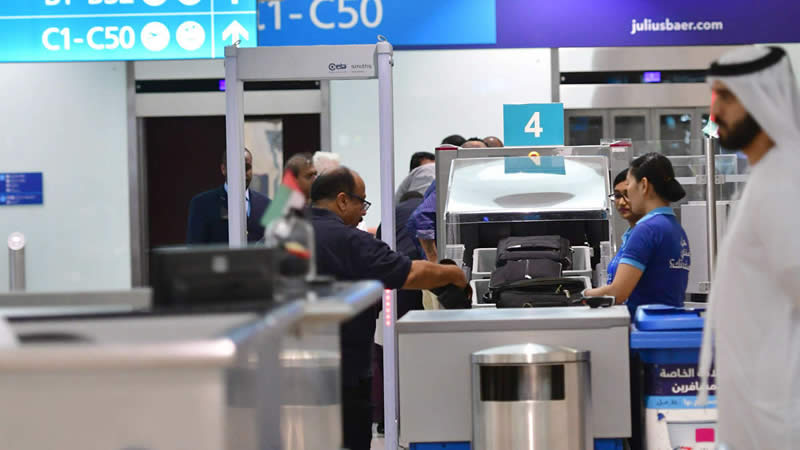
DUBAI/CAIRO: Saudi shares retreated on Monday after a call by the king for a crackdown against market manipulation spooked investors, and Egypt’s bourse fell to eight-week lows over top-level differences about the terms of an IMF loan.
King Abdullah has ordered the crackdown, insisting action should be taken if necessary against improper trading, the daily Alsharq newspaper reported on Monday.This spooked retail investors, who either tried to reduce their market exposure or stayed away altogether. Turnover fell to 11.7 billion riyals ($3.1 billion), the lowest since March 3.The index dipped 0.3 percent in its fourth straight decline to trim 2012 gains to 19.9 percent.
“When the CMA (Capital Market Authority) charges someone with unethical trading they freeze their buying, but not the selling,” said a Riyadh-based trader who asked not to be identified. “This started a domino wave of selling.”Some traders said the move may help curb market volatility.”Fundamentals took a back seat (recently) and the net result was stocks with no fundamental strength skyrocketing, which sends the wrong message if you’re looking to open the market to foreigners,” said Amer Khan, fund manager at Shuaa Asset Management. “This is a very welcoming development to prevent a bubble from forming.”
Saudi Arabia is taking gradual steps to open the stock exchange to direct foreign ownership.Banks were the main losers, while some petrochemical stocks also closed lower. udi Basic Industries Corp (SABIC) slipped 0.7 percent and Al Rajhi Bank shed 1 percent. Egypt’s main index fell 2.7 percent to its lowest level since Feb. 7 after the Muslim Brotherhood challenged the government to change the terms of the emergency IMF loan, showing political powers remain far apart on how to stave off a payments crisis.Brotherhood presidential candidate Khairat al-Shater said he had told the army-backed interim government it should either postpone borrowing from the IMF or speed up the formation of a new government.
“It is not logical that I approve a loan that the transitional government would take for two or three months, then demand that I, as a permanent government, repay,” Shater said in an interview with Reuters.Sealing the $3.2 billion IMF loan would help reassure investors after over a year of political and economic turmoil.Shater’s comments were “definitely a negative and no one will be buying in the market until there is clarity on the IMF loan talks,” said Teymour el-Derini of Naeem Brokerage.
Among decliners, Ezz Steel lost 3.7 percent and property developer Palm Hills dropped 5.3 percent.In Dubai, the index lost 0.7 percent, trimming 2012 gains to 22.5 percent, as Asian shares fell after a sharp slowdown in US jobs growth raised concerns about the strength of the world’s largest economy.”Data from US made investors, who were too positive for too long, to rethink their stance of continued global growth – that’s what is pulling our markets back,” said Shuaa’s Khan.
Dubai bellwether Emaar Properties slipped 0.9 percent, Emirates NBD dipped 1.1 percent and telecoms operator du shed 2.6 percent.Abu Dhabi’s benchmark dipped 0.5 percent to its lowest close since Feb. 23. Qatar’s index declined 0.3 percent, down for a fifth consecutive session.”We’re in the midst of earnings and until we see numbers that negate this sentiment, expect investors to remain cautious,” Khan added.












